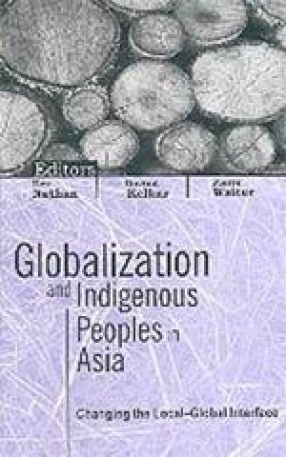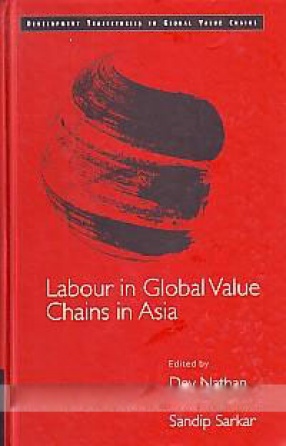
Dev Nathan

Showing all 8 books

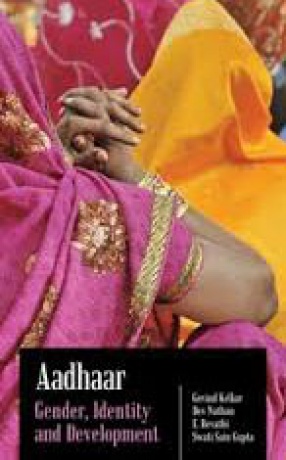
In 2006, the Government of India promoted Aadhaar, a biometric identification system, which has now reached 650 million people. The aim of the scheme was to establish a biometric registry to provide a unique identity to all individuals, women and men, in the country. It was expected that this biometric identity would help poor women and men establish their identities so as to access various benefits provided by the government. In conjunction with frugally ...
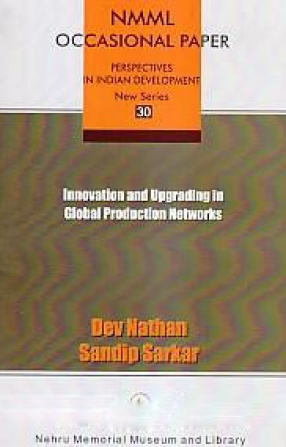
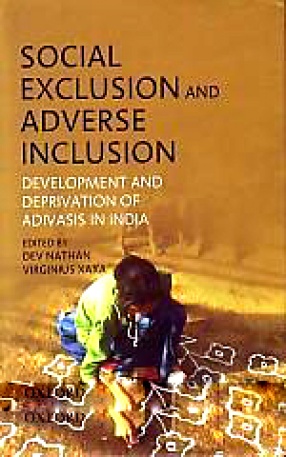
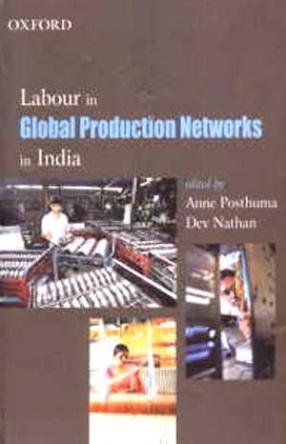
This book explores the opportunities as well as challenges in securing benefits for firms and workers in global production networks. Detailed, sector-level studies spanning labour, skill, and knowledge intensive industries (such as textile and garments, leather products, agriculture, automotive components, and IT) reveal that, although globalization has generated new opportunities, the benefits and risks are spread unevenly throughout the production network.While ...
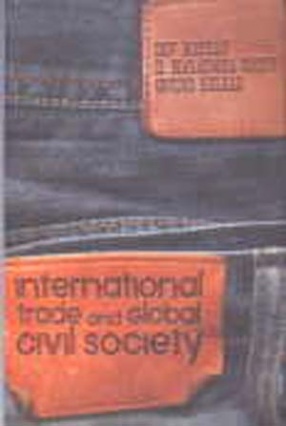
This book challenges the dominant anti-trade and anti globalization stands taken by many civil society organizations, such as NGOs, trade unions and women's organizations. The authors, however, argue that instead of 'free trade', international trade rules need to be tailored to the stage of development of an economy. Greater openness to trade can bring benefits of new livelihoods for women and men, new technologies and methods of production. But there ...
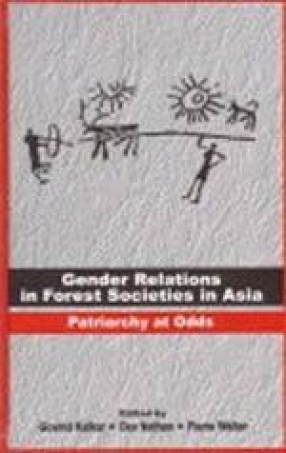
Of the numerous available studies on forest management in Asia, only a few mention the role of women or pay attention to gender relations. Even projects are largely designed in terms of households or communities where men are the decision-makers and the owners or managers of forests. This important volume views gender relations as a crucial factor in the management of land and forests, and maintains that the continuing invisibility of women in these areas only ...
